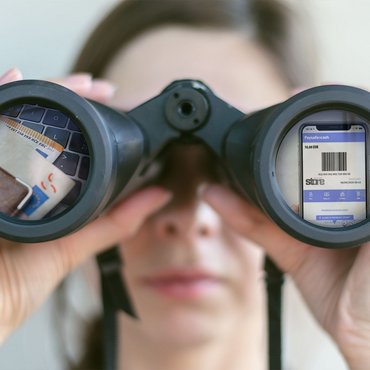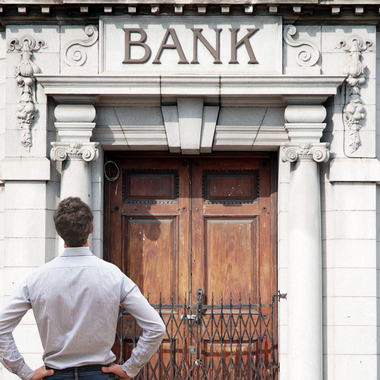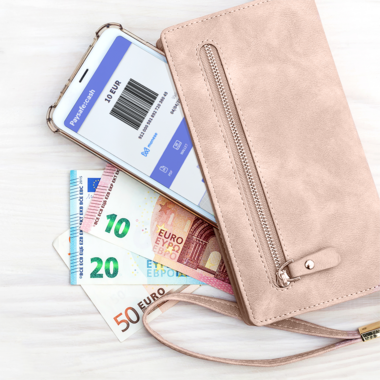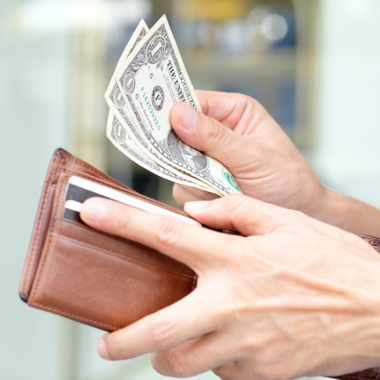2021 predictions: Four trends for the payment industry in Germany and Austria
Dec 17, 2020It has been an unexpected year in so many ways, not least how people have had to rethink how they spend money and interact with businesses. COVID-19 changed our industry in ways we could not have imagined it would in 2020, and will continue to be an influence on payment trends for many months to come. With that in mind, here are four trends we expect to carry over from 2020 and play a big role in shaping the online payments in the next 12 months.

1. Consumer payment preferences are becoming more diverse
During the first wave of the pandemic in the DACH region, one consequence that was immediately apparent was that consumers were spending more money online, due to a combination of enforced social distancing measures and concern about the safety of leaving their homes. But as well as shopping more online, a second consequence is that they were shopping in a different way.
We asked consumers about how they were paying online during the first wave of the pandemic, and 51% of German consumers and 37% of Austrian consumers told us that they had used at least one new online payment method since the outbreak of COVID-19. One of the most common payment methods to grow in popularity has been eCash. German and Austrian consumers said they had used this payment method for the first time during the initial months of the lockdown.
And when we asked businesses, two thirds (67%) told us that they had noticed a difference in the methods consumers used to complete transactions with them. With 27% of German consumers and 20% of Austrian consumers telling us they planned to shop online much more frequently even once COVID-19 is no longer an issue, we expect to see this divergence in preferred online payment methods continue.
2. New customers to eCommerce will remain cautious at the online checkout
Among the main drivers impacting this shift in payment preferences is the number of new consumers to online payments., Overall 18% of German and 9% of Austrian consumers told us they had shopped online for the first time since the start of the pandemic. When we asked German (47%) and Austrian (39%) businesses, many agreed that these consumers were disproportionately shifting the online payments dynamic, mainly because these consumers are more likely to be unwilling to share their financial details online.
The same is true of consumers that previously only shopped with a small number of trusted brands. During the pandemic, these consumers shopped more regularly with unfamiliar vendors. Not wanting to share their financial details with these merchants is a reason many German (42%) and Austrian (38%) businesses think consumer payment preferences have changed.
 | Udo Müller CEO, paysafecard | All indications are that consumers remaining cautious at the checkout will continue to be a critical factor in how they pay online in the next 12 months. |
When we asked consumers about their attitude to online payments security, 14% of Germans and 21% of Austrians said that they thought the current balance between convenience and security was about right currently, with 80% of Germans and 77% of Austrians being in favour of a more secure payments experience. Already 40% of German and Austrian consumers say they prefer to pay with a payment method such as eCash where financial details aren’t shared online, preferences for these types of payment methods seem set to only grow in the next 12 months.
3. Payments becomes a tool to manage spending more accurately
As well as the social and health impacts of COVID-19, a further unfortunate consequence that will continue to be relevant next year is the economic impact of the pandemic. With less disposable finance available, consumers want to be more aware of how much, when, and where they are spending money. What businesses are telling us is that payment methods have a role to play in tracking spending, with 45% of German businesses telling us that consumers have changed their payment habits to do so.
This trend also extends beyond people managing their own finances to controlling spending within the family. A specific example of this would be using eCash as a form of allowance for parents to enable their children to safely spend money online. Instead of risking the child accidentally running up huge credit card bills by giving them their financial details, parents can upload cash to a prepaid card. Another option is to give the child cash that they can upload to a prepaid card themselves to then spend digitally on gaming or other products or services. We expect to see this become even more common in 2021 as digital entertainment and in-app purchasing becomes even more mainstream.
4. The further rise of alternative banking
Another consequence we expect to see for similar reasons is a surge in digital banking. Neobank adoption continues to surge in Germany, with analysts predicting that almost 28 million Germans will have a digital-only bank account by 2025. One benefit of digital-only bank accounts is a clearer breakdown of spending, and as consumers focus on further managing their spending this will grow in importance.
One potential blocker to digital bank adoption growth has always been replicating all the functionality of a traditional bank, including for consumers that manage some or all of their finances using cash. Cash still remains relevant to German and Austrian consumers even as banking and other financial services migrate online, so in addition to the growth of digital bank accounts we expect to see an increase in usage of payment methods that connect digital bank account holders to the physical world of cash. eCash payment methods appear to be a natural bridge connecting these two worlds.



